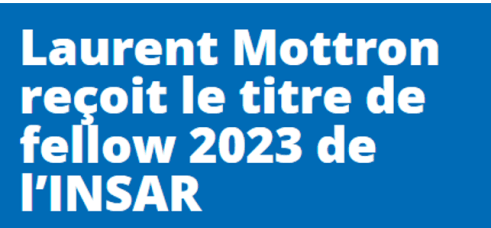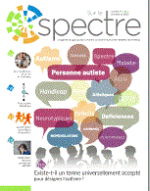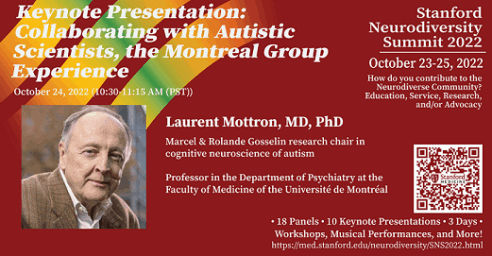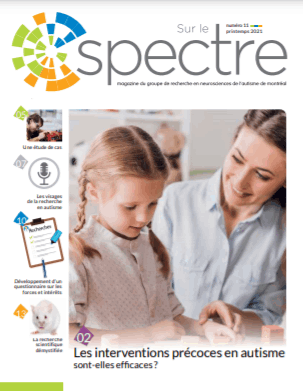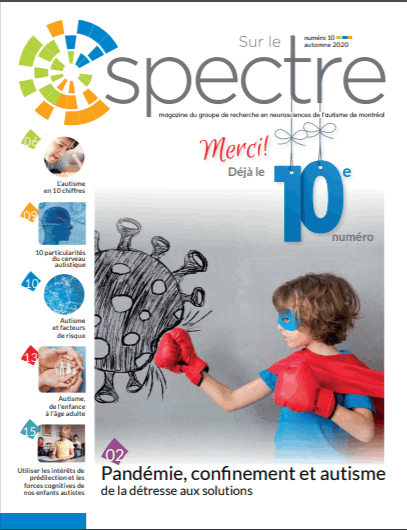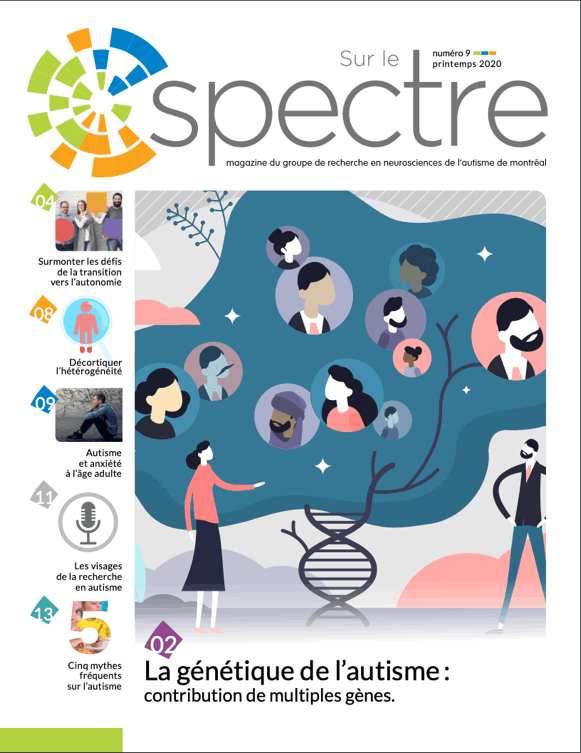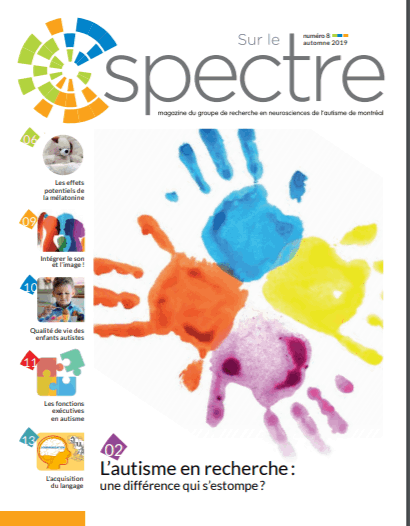
April 2023
Dr. Laurent Mottron receives the "Excellence" distinction from the Collège des médecins du Québec
This award recognizes a physician's remarkable achievements in the clinical, research or teaching fields, and his or her outstanding contribution to the medical community or to the evolution of the profession.
Psychiatrist and international leader in autism research, Dr. Laurent Mottron stands out for his innovative approach, his contribution to the advancement of knowledge, his societal stance and the impact of his discoveries on the well-being of autistic patients. A pioneer in his field, he was the first to discover perceptual alterations in autistic people, first in the visual and then in the auditory domain.
A prolific author, Dr. Mottron has authored over 200 scientific articles and written 4 books in the course of his career. His book L'autisme : une autre intelligence is a French-language reference on diagnosis and support for people with autism. A full professor in the Department of Psychiatry and Addictology at the Université de Montréal, he is also one of the founders of the Réseau pour transformer les soins en autisme, whose mission is to connect and mobilize Quebec players in autism research in order to improve the quality of life of autistic people and their families.
To find out more, click here:
- 5 questions to Dr. Laurent Mottron
- Prix et Distinctions du Collège winners




